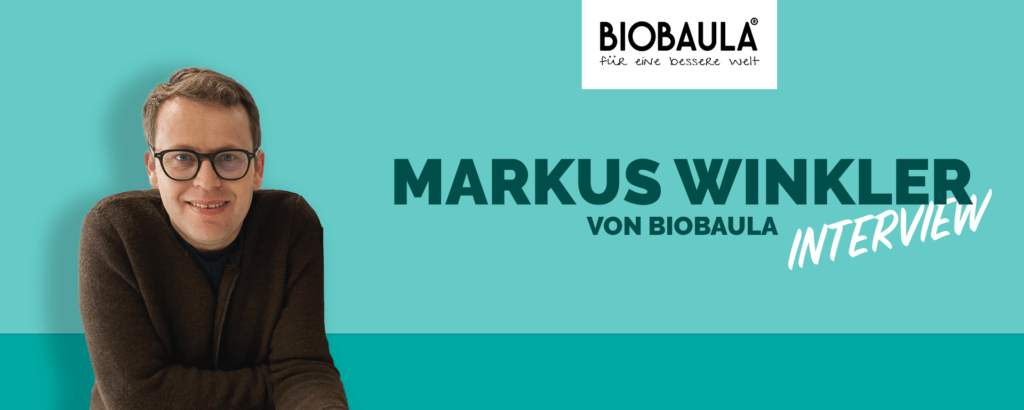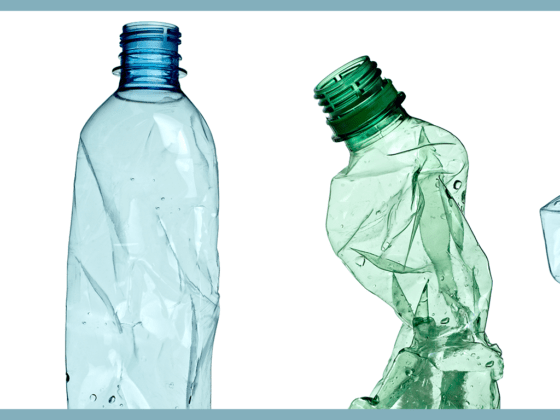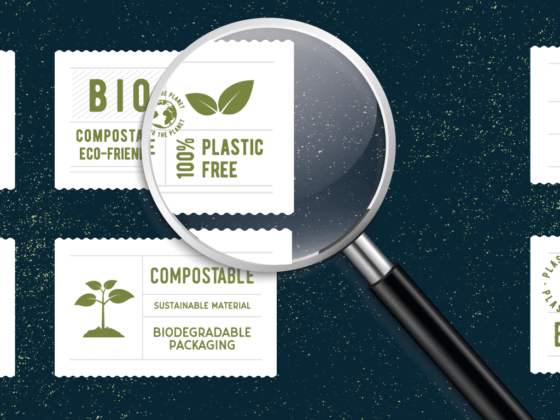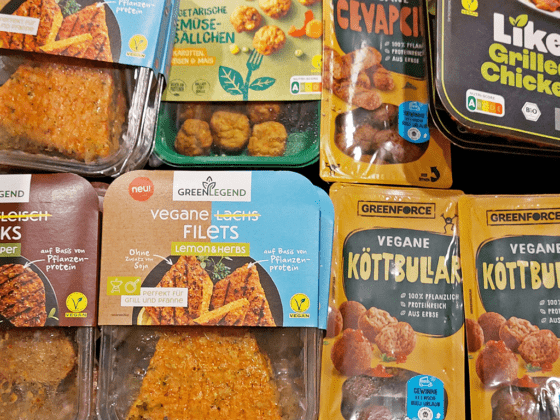flustix partners
He describes himself as a “rebel”: With his Biobaula brand of washing and cleaning tabs, Markus Winkler is one of the pioneers in what in German is known as the WPR industry (washing, cleaning and purification products). In an interview with flustix, the 44-year-old reveals how he wants to start an ecological revolution with the small organic tabs.
flustix: With your small eco-tabs, you are about to turn around a market dominated by detergent giants. Quite a courageous undertaking. What motivates you personally?
Markus Winkler: “A plastic spray bottle washed up in front of my feet on the beach in Thailand a few years ago. That got me thinking. Why is it floating in the sea? Why can’t it be refilled? Back in Germany, I went through the drugstores looking for products with which I could refill such a bottle – and found nothing. So I took action myself and developed our tabs. That’s what gave birth to Biobaula.”
flustix: Now your laundry detergent, packed in a hand-soap-sized box, lies discreetly on the drugstore shelf. Next to it are huge plastic bottles containing gallons of liquid detergent. People must think: I get more for my money with a conventional product.
Markus Winkler: “It’s true. When we go to a drugstore, we look at a wall of plastic and think: that’s good, that makes it clean. It’s been learned that way for 20 or 30 years. That’s why we have to explain to people: less is more. It’s an immense effort to communicate that. But it’s worth it. One example is bathroom cleaner: You take this little tab, which contains no microplastics, is made exclusively from natural raw materials, and is packaged in a small cardboard box. You put this tab in a recyclable bottle and end up with the same thing, but with much less effort. The ecological impact is huge.”
flustix: So how big is it?
Markus Winkler: “For comparison, I like to use our detergent tabs. One pallet of them weighs 180 kilograms. As liquid detergent, that would be eight tons. 180 kilograms versus eight tons – and they are then driven around. That’s crazy. Because we’ve become so comfortable. We have to get away from that.”
flustix: Sounds conclusive. Nevertheless, you only occupy one niche with your products at the moment. Why don’t many more people use such tab solutions?
Markus Winkler: “Because we need time to learn again that less really is more. We’ve just had the example of our detergents. Another example is our glass cleaner. There are three tabs in a package. They cost just over five euros. Sounds like a lot. But it turns into three bottles of glass cleaner. For most people, they last at least half a year or even longer. So it’s no longer expensive. But first we have to get that into people’s heads. That’s what we’re working on.”
flustix: What else speaks for Biobaula in comparison with conventional products?
Markus Winkler: “Our production process is glass-based, we manufacture everything in our home town of Bruckmühl in beautiful Upper Bavaria, even the paper for our packaging comes from here. The distances have to be as short as possible, that’s very important to me.”
flustix: On their packages you can find several seals. Why?
Markus Winkler: “The seals mean security for our customers. What’s the point if I sell a product as plastic-free or microplastic-free in a plastic bottle? For me, that doesn’t make sense, it bugs me. We have decided to use the flustix seal. The products are independently tested for microplastics. People can rely on that. Just like our eco seal, which proves that we only use biodegradable ingredients.”
flustix: How does it work with the seals?
Markus Winkler: “We have our products examined by the flustix laboratories as early as at the development stage. In concrete terms, it looks like this: We send flustix samples of the powder from which we later press the tabs. At the very beginning, something came back – the laboratory had found microplastics. We researched the cause and discovered it: The conveyor belt used to transport the powder was made of rubber, and components got into the product through it. So we changed the production line, reworked plastic parts with wooden coatings. Since then, our tabs have been proven to be microplastic-free and rightly bear the seal. That’s important to us.”
flustix: A lot of effort to get a few nanograms of microplastic out of a powder, while others do nothing.
Markus Winkler: “You know that saying “at the eleventh hour”. I always say: it’s half past twelve. We have to do everything we can to prevent further natural disasters. I have four children, and I want to leave them a better world. For that, we need more than just a few rebels looking for new ways. The big corporations must take on more responsibility – and politics must provide clearer regulations. It is unacceptable that bananas are packed in plastic. These are phenomena that should be strictly banned. We also need a new subsidy policy. Entrepreneurs who conserve resources must be promoted. So that what is good for our nature is cheaper – and not more expensive, as is currently the case. Then everyone has a chance to contribute, no matter how well or poorly they earn.”
 English
English Deutsch
Deutsch




